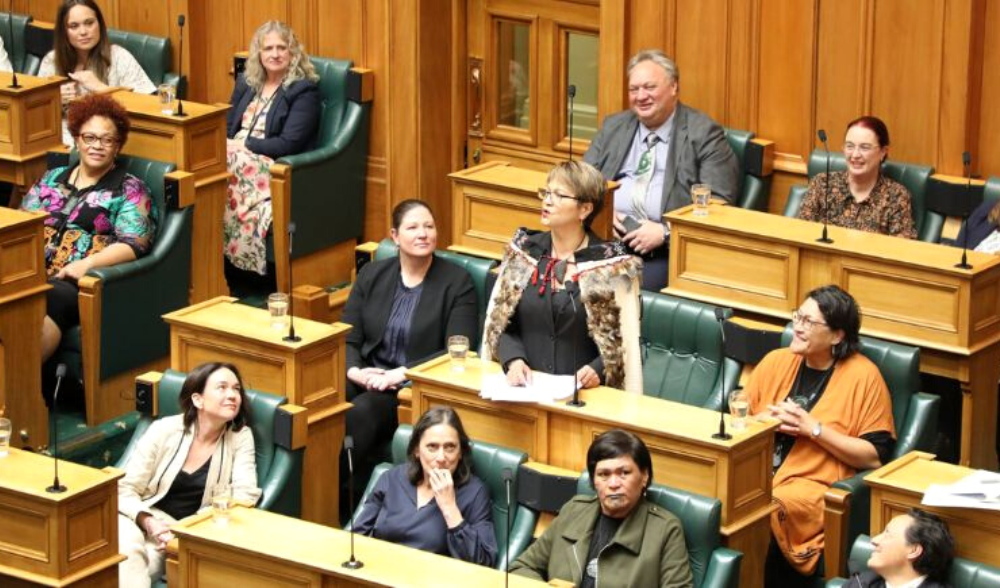SAMANTHA LUNDIN WRITES – Who runs the country? Women! In the last week of October, when Soraya Peke-Mason became the 60th female representative sworn in among the 59 male representatives, Parliament gained a female majority.
New Zealand has a history of pioneering women in politics. In 1893, New Zealand women won the right to vote – the first country in the world to allow women this right, even ahead of the United States (1920) and the United Kingdom (1928). So New Zealand, a few decades ahead of even these powerful democracies, became a leader for gender equality in politics.
Fast forward to 2017, New Zealand once again made headlines when Jacinda Ardern was elected Prime Minister. She was 37 years old – the country’s youngest Prime Minister in more than 150 years and the world’s youngest female head of state.
As Prime Minister Ardern continues to lead New Zealand, not only are women’s roles in government advancing, today there are more women of color, LGBTQ+ and indigenous members of Parliament than ever before, making way for minority groups to join the ranks of lawmakers.
These achievements are not only beneficial for women within New Zealand but to citizens of the world. Women holding political positions are more likely to prioritize matters that are the biggest issues plaguing society, such as healthcare and education. In addition, states with women in power are less likely to commit human rights abuses and engage in violence and war. Still, at this rate gender equality in the highest positions of power around the globe is not an achievable goal for at least one hundred years.
So why are women repeatedly neglected? Discrimination and prejudice may be the simple reasons, but they do not show the entire picture of this complicated issue. Education does not solve the issue in its entirety… but it is a start. Many women are still fighting for basic rights, as demonstrated by the crises in Iran and Afghanistan. These protests in Iran are centered around the hijab, with its symbolism of oppression and religious tyranny. In Afghanistan, women are protesting the Taliban’s ban on education for girls.
As New Zealand makes history with its progressive politics, much of the media and the rest of the world has failed to take sufficient notice of developments in the Asian Pacific. One can only hope the international community implements New Zealand’s stance on inclusivity within politics and socioeconomic developments…maybe, at the very least, within the next hundred years.

